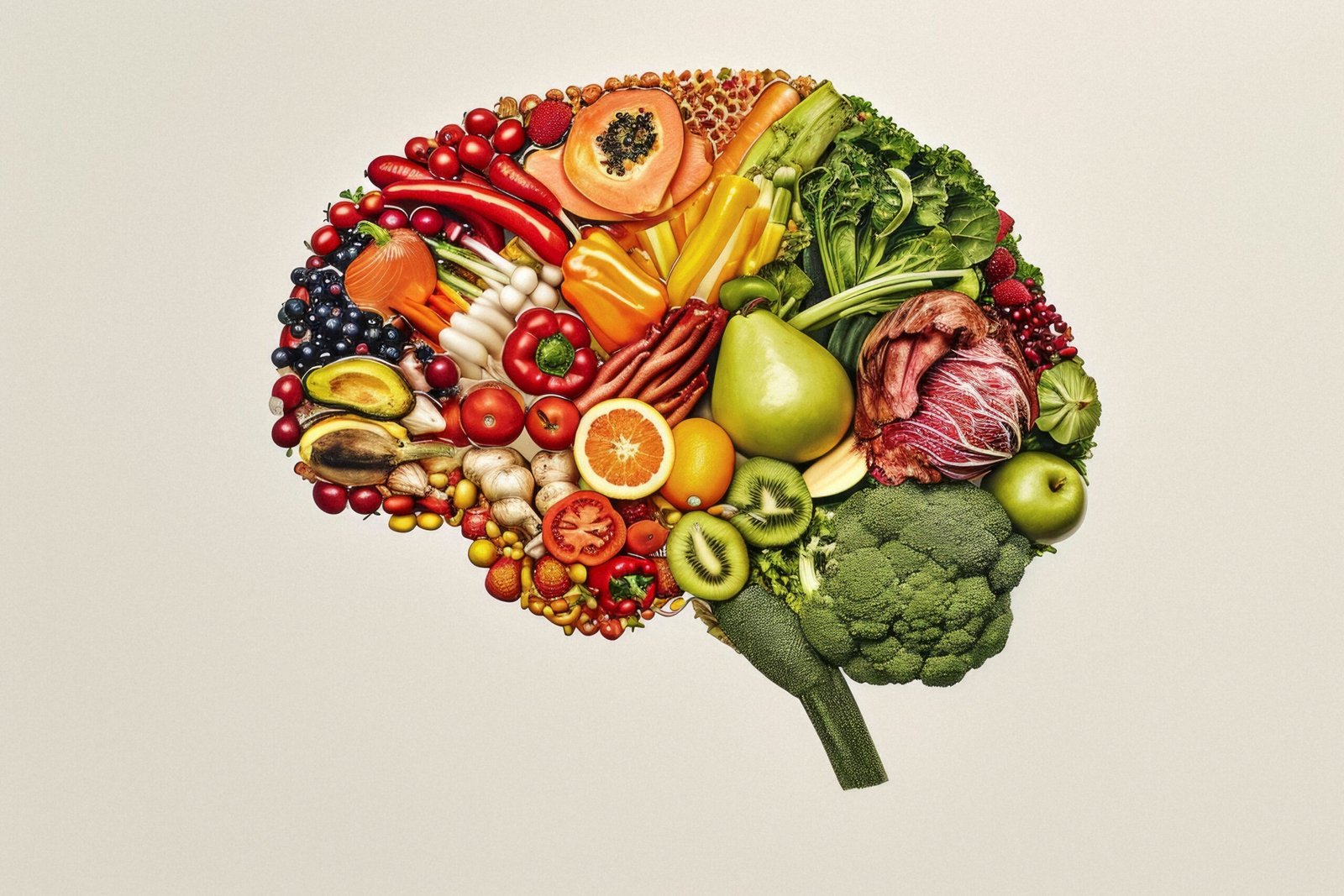A survey of over 400 parents that we carried out reveals a striking emotional truth: over 80% of parents are either barely managing or fluctuating between exhaustion and brief moments of thriving. Only 1 in 10 feel consistently in control and energised. This underscores a profound wellbeing gap in modern parenting, where the baseline isn’t wellness, it’s survival.
Survey Insight: What 400 Parents Told Us About the Reality of Modern Parenting
Modern parenting isn’t a sprint or even a marathon, it’s a rollercoaster. And not the fun kind. Based on data from FiiHii Ltd’s May 2025 survey of 392 parents, the picture that emerges is not one of balance, but of burnout.
Let’s unpack what this data really says and why it matters for health, resilience, and gut-brain wellbeing.
1. Over Half Are Oscillating Between Highs and Lows
54.6% of parents say they’re “Thriving some days, exhausted on others.”
This isn’t a mild fluctuation, it’s a sign of chronic instability in emotional and physical energy. This rollercoaster dynamic creates a recurring stress response in the body. The gut, a key player in the stress response system (via the gut-brain axis), is often first to suffer. Fluctuating stress loads can lead to:
- Poor digestion and irregular bowel habits
- Increased inflammation and weakened immune function
- Disrupted sleep and hormone cycles
Key takeaway: Consistent wellbeing is rare. Most parents are running on cortisol, not capacity.
2. Nearly a Third Are “Just About Managing”
28.1% of respondents described their current season as “Managing, just about.”
This group lives on the edge of burnout. They’re not fluctuating, they’re stuck in survival mode. This may even be more concerning than the up-and-down group, because it suggests a chronic depletion with little reprieve. When parenting becomes synonymous with endurance, something deeper is wrong.
And what often gets neglected first?
- Balanced meals (hello, skipped breakfasts and toddler leftovers)
- Movement and rest (burnout rarely makes room for either)
- Mental clarity and emotional regulation
This is where nutritional foundations like fibre for gut stability become not optional, but essential.
Key takeaway: Chronic depletion isn’t burnout, it’s a baseline for many. That’s dangerous.
3. Only 1 in 10 Feel “In Control and Energised Most Days”
Just 10.7% of parents reported feeling in control and energised most days.
That’s 1 in 10. And while it’s tempting to say, “Well, parenting is just hard,” this stat is a red flag. It suggests that we’ve normalised parental depletion to the point where thriving is seen as unrealistic.
But here’s the controversial take:
Thriving in parenthood isn’t a luxury. It’s a signal of a well-supported nervous system, and gut health is central to that.
There’s growing evidence that fibre-rich diets help regulate stress responses, improve mood, and reduce inflammation (see: Sonnenburg et al., 2016; Cryan et al., 2019). That means better gut health equals better resilience. And right now, resilience isn’t optional, it’s the difference between coping and crashing.
Key takeaway: True thriving is rare but physiologically possible with better gut-brain support.
Final Thoughts: Parenting Isn’t the Problem. The Lack of Support Is.
This data doesn’t indict parents. It indicts a culture that sees exhaustion as evidence of love and collapse as a badge of honour. The real conversation isn’t “Why are parents tired?” It’s, “Why are we still pretending this level of depletion is normal?”
Nutrition, gut health, and targeted fibre intake aren’t just side notes in this conversation; they’re the missing baseline. When the microbiome is supported, stress regulation improves. When stress is managed, parents can go from barely managing to sustainably thriving.
5 Key Takeaways
- Over 80% of parents feel either inconsistent or depleted most days.
- Chronic exhaustion is becoming the parenting norm, not the exception.
- Only 1 in 10 parents feel in control and energised regularly.
- Gut health and fibre play a critical, overlooked role in resilience.
- This isn’t about “better parenting” it’s about better support systems.
Want more insight into the parenting-health connection?
Subscribe to the FiiHii newsletter for expert takes, gut-friendly strategies, and honest conversations about what wellness really looks like for modern families. Let’s change the narrative, starting from the inside out.





